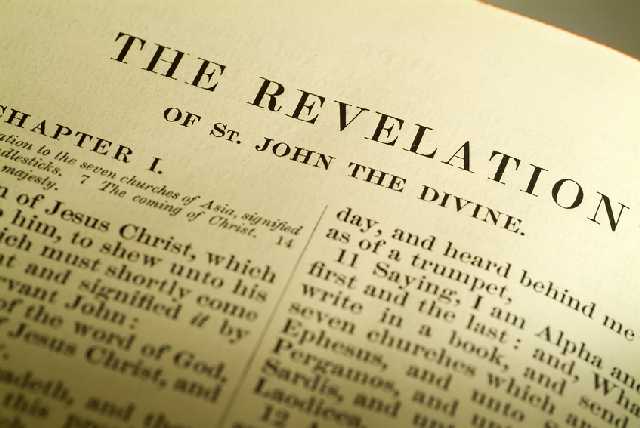Apocalyptic appeal
 Once again, the prediction of the end of the world as we know it, on a specific date, turned out to be false. But it sure generated some interesting international attention.
Once again, the prediction of the end of the world as we know it, on a specific date, turned out to be false. But it sure generated some interesting international attention.
A lot of the media coverage had an overtone of speculative amusement. But there was an undertone to much of it that hinted at even a slightly serious question like…what if? That’s natural, the Wall Street Journal noted about a week before the predicted Big Day. This article notes that the ‘religionists’ aren’t the only ones forecasting the end of days.
There are secular versions as well, from Karl Marx’s certainty about the approaching demise of capitalism to various modern doomsday scenarios involving overpopulation, resource depletion, nuclear winter, Y2K, solar flares, super volcanoes and, of course, global warming.
Why are such apocalyptic prophecies so common in human history? What are their emotional and cognitive underpinnings?
A Staten Island man is buying ads all over New York City, claiming the world is going to end on May 21st.
In most doomsday scenarios, destruction is followed by redemption, giving us a sense of both fear and hope. The ostensible “end” is usually seen as a transition to a new beginning and a better life to come. For religionists, God destroys Satan and sinners and resurrects the virtuous. For the secular-minded, humanity atones for its sins through political, economic or ideological enlightenment.
Marxists saw communism as the liberating climax of a multistage evolutionary process. Environmentalists usually conclude their forecasts of calamity with earnest recommendations for how to save the planet. Or consider John Galt, the hero of Ayn Rand’s anticollectivist novel “Atlas Shrugged” and an inspiration for many of today’s tea-party activists. In the book’s final apocalyptic scene, the heroine Dagny Taggart turns to Galt and pronounces, “It’s the end.” He corrects her: “It’s the beginning.”
Cognitively, there are several other processes at work, starting with the fact that our brains have evolved to be pattern-seeking belief engines…
Apocalyptic visions help us to make sense of an often seemingly senseless world. The literal meaning of apocalypse is an “unveiling” or “revelation,” and this definition of the word holds true whether we consider St. John’s narrative in the book of Revelation or secular chronologies that fit the events of history into a larger cosmic design.
For human beings, it is much easier to suffer the slings and arrows of outrageous fortune when we believe that it is all part of a deeper, unfolding plan. We may feel like flotsam and jetsam on the vast rivers of history, but when the currents are directed toward a final destination, it gives us purpose and meaning. We want to feel that no matter how chaotic, oppressive or evil the world may be, all will be made right in the end.
As for religionists, author David Currie has authored one of the most comprehensive collections of biblical texts that Fundamentalist Protestant Christians have commonly interpreted as end-times predictions, in what the foreward describes as “a virtual summa of apocalyptic texts and prophetic positions.” This thick volume is called Rapture: The End-Times Error That Leaves the Bible Behind. I interviewed him and crammed with the book beforehand, and it made my brain hurt, trying to cover so many of its rich contextual resources.
Good news is, there’s still time to get familiar with that content and context. And odds are, we’ll have plenty of opportunities to call on that argument again when the next wave of apocalyptic warnings appear.
UPDATE: AP, and NPR, also ruminate.

